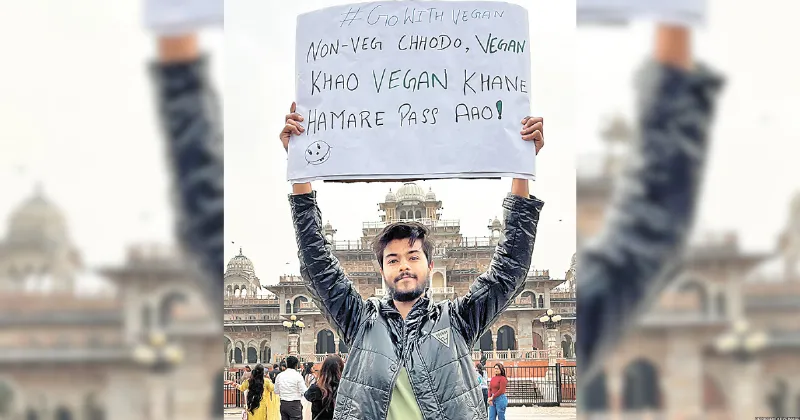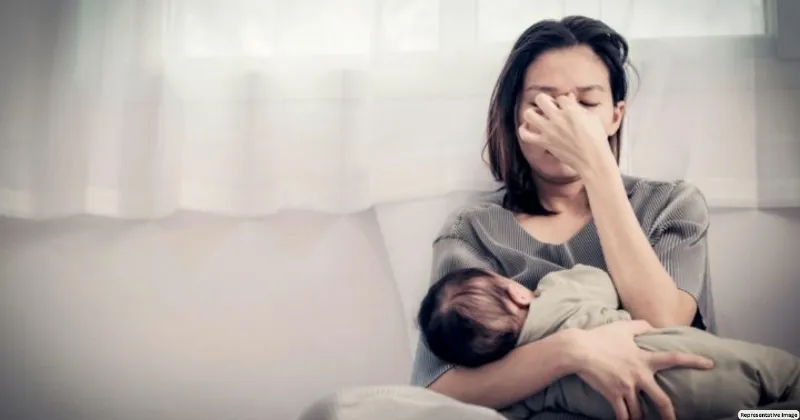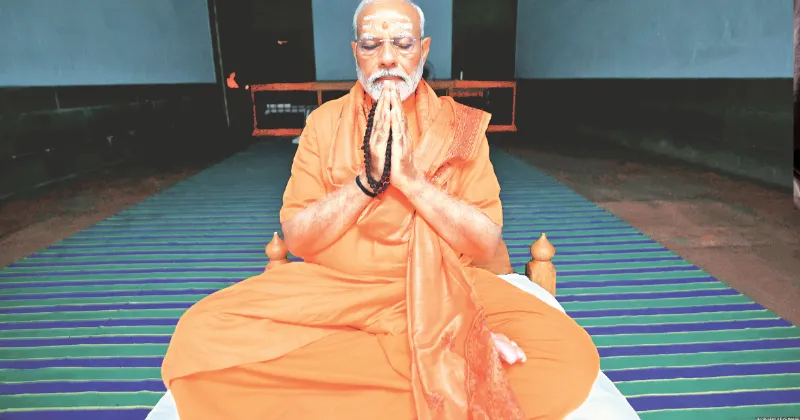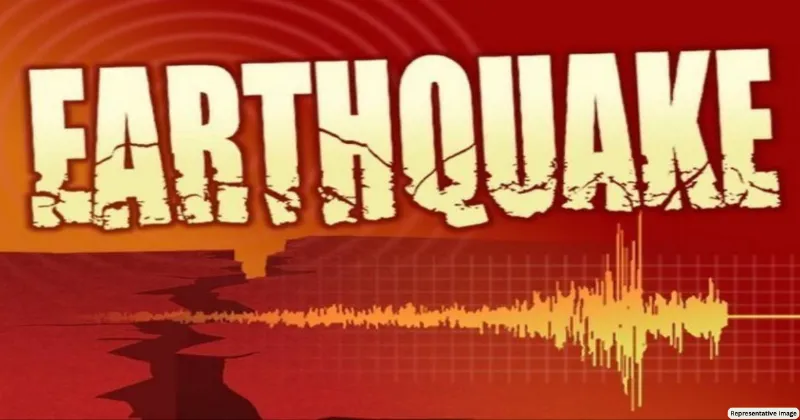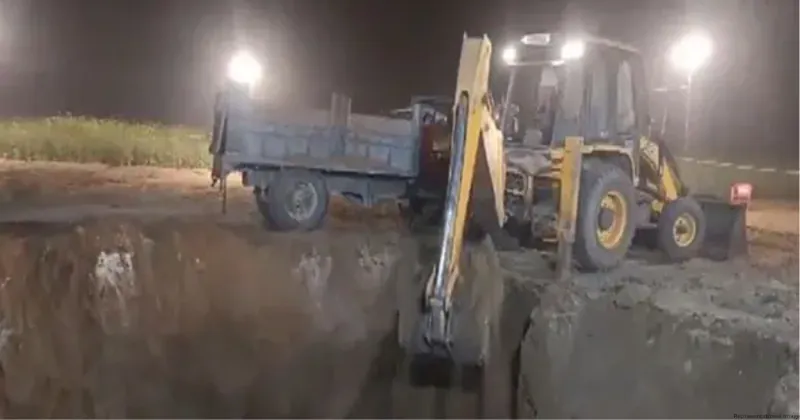HOW TO FEEL SAFE IN TROUBLED TIMES

There are times when a wave of anxiety sweeps over people, sometimes because the world seems more unsafe than usual, at other times because of a personal situation. Yet ultimately the ability to feel safe and secure is always personal. The issue crosses the line between psychological and spiritual, so we need to consider both aspects.
As a psychological issue, anxiety hasn’t yielded a medical solution, which is why millions of people are prescribed a tranquilizer to subdue the symptoms of free-floating anxiety instead of being offered a cure. Free-floating anxiety is defined as “a chronic, general feeling of unease or apprehension that doesn’t relate to any specific situation or object.” Unlike a fear rooted in a specific situation, such as losing a job or running out of money, people who suffer from freefloating anxiety feel unsafe.
Whether or not the world is unsafe doesn’t really cause you to feel unsafe— this is more like feeling unsafe in your skin. It is a pervasive sensation that crosses over into the physical as literally trembling, hyperventilating, feeling cold and faint, etc. Fear has a certain weightless quality, which offers a clue. The opposite of weightlessness is grounded, and if you feel grounded, it naturally follows that you will feel safe and unthreatened.
Grounding has more than one meaning. You can be physically grounded, with the implication that you are calm, stable, and secure, with both feet on the ground. You can have a personality that exhibits the same traits. Your behavior is grounded if you are reasonable, not easily shaken, reliable, and down to earth.
I’ve described a constellation of qualities that belong together, but they also exist on a spectrum. There are milder words for feeling anxious (jumpy, nervous, worried) and stronger words (dread, fearful, terrifying). Not everyone is gifted with a lifelong sense of being rounded, secure, and safe. Everyone else falls along the spectrum of anxiety by way of memory and past experience. Today’s anxious feelings were born in the past and keep repeating themselves. This pattern of repetition continues and even grows worse if healing isn’t introduced. Starting in childhood, we all learn behaviors that reinforce feeling safe or not.
You will feel safe today if you learned in the past how to...
Love and be loved Trust in yourself and others Take responsibility for your life Be self-reliant Develop courage and confidence Handle crises well Believe in positive solutions Value yourself, have good self-esteem Call on help and support when you need it Accept negative emotions as passing events Value calmness and stability
Looking back, everyone has mixed experiences of these qualities, which are enmeshed in everyday life and jumbled together with their opposite. Yet none is merely a lucky gift. These are learned behaviors and attitudes. You can consciously promote them as an adult.
At the same time, it is necessary to confront the qualities that give rise to anxiety. These are the opposite of the list above. You will feel unsafe today if you learned in the past that you are...
Unloved and unlovable Not safe trusting in yourself or others Not responsibility for your life but blame others instead Unable to stand on your own Not likely to be courageous in difficult situations Very likely to be overwhelmed in a crisis Fated to fall into worstcase scenarios Prone to low self-esteem Alone without support from others Threatened by negative emotions in yourself or directed from others Rarely calm and relaxed
Because everything on both lists is interconnected, it only makes sense that overcoming free-floating anxiety is so difficult therapeutically. How can there be enough time to unravel such a tangled web? With enough effort and vigilance, it is possible to address these issues one by one. You can develop a support network around yourself, undertake challenges that raise your self-esteem, and find someone who truly loves you for who you are.
Yet as a solution, this sounds half-hearted and piecemeal. The point of listing the qualities that make a person safe, secure, and grounded isn’t to discourage you but to bring to light the elements of the problem. Finding a better solution is a pressing need and for many people an urgent one—as time passes, their anxiety will only grow worse.
This is where the crossover to spirituality occurs, if we understand spirituality not as religion but as a path to the true self. The anxiety experienced in everyday life is innate in the ego, which feels alone and insecure by its very construction. The “me” you identify with is a jumbled construct of memory amassed from experiences going back to early childhood.
Yet underlying this fragile construct is the sense of “I am,” which is constant and unchanging. Your true self is grounded in “I am” as a permanent aspect of itself. Being here now is the basis of its existence, undisturbed by incessant activity of the active mind. In Yoga, there is even a fundamental source of safety, security, and stability in the so-called first chakra.
There are seven chakras or energy centers distributed from the base of the spine (first chakra) to the crown of the head (seventh chakra), but it isn’t necessary to accept or even understand how this map of subtle physiology works. The point is that feeling grounded is a state of balanced awareness. From this state spreads all the physical, emotional, and psychological qualities we’ve been discussing. (For much more detail, you might look at my book, Living in the Light, which fully explores Yoga and chakra system.)
THE VIEWS EXPRESSED BY THE AUTHOR ARE PERSONAL
Deepak Chopra The writer is MD, FACP, FRCP founder of the Chopra Foundation, a non-profit entity for research on well-being and humanitarianism, and Chopra Global



